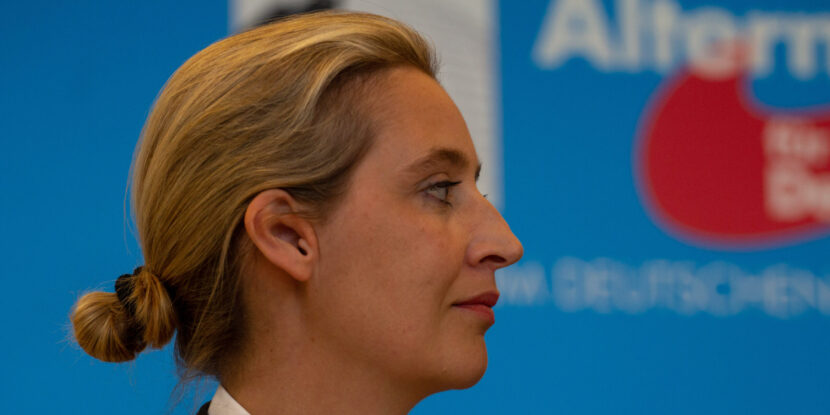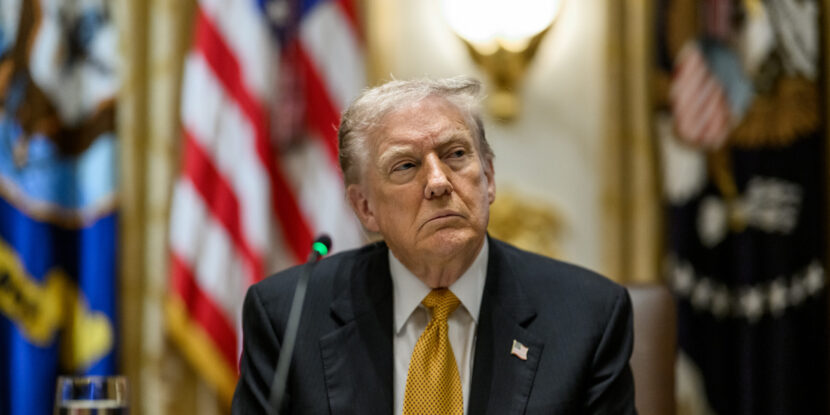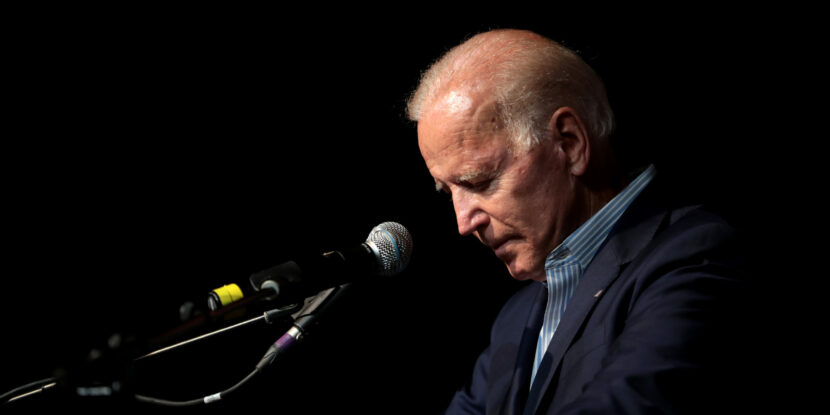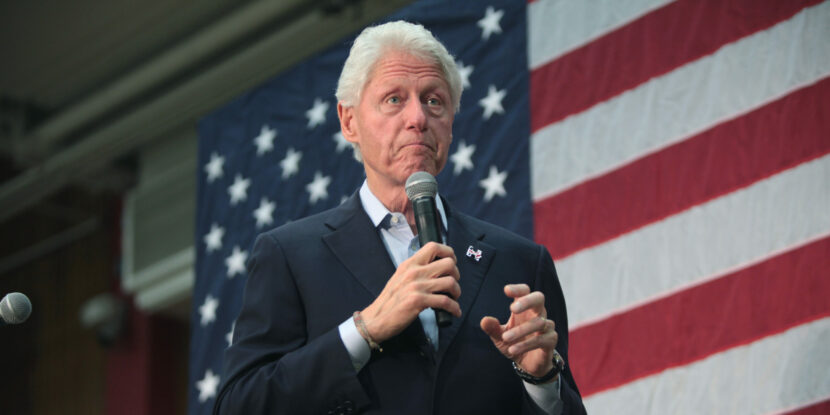❓WHAT HAPPENED: The Social Democratic Party (SPD) in Germany has launched an effort to ban the Alternative for Germany (AfD) party—the second-most popular party in the country—citing alleged extremism.
👤WHO WAS INVOLVED: SPD leader Lars Klingbeil, the Federal Constitutional Court, and the AfD.
📍WHEN & WHERE: The SPD’s resolution was adopted during their three-day party congress in Berlin, Germany.
💬KEY QUOTE: “The moment at which domestic intelligence says this is a confirmed right-wing extremist party, there is no more room for tactics.” – Lars Klingbeil
🎯IMPACT: A ban would dissolve the AfD, confiscate its assets, and prohibit its re-establishment.
Germany’s leftist Social Democratic Party (SPD), which led the federal government until May, has officially launched an effort to ban the populist Alternative for Germany (AfD) party. SPD delegates voted unanimously on June 29 to establish a “federal working group” to collect and present evidence of the anti-mass migration party’s alleged extremism, which they claim is already “overwhelming.”
The SPD accused the AfD, which placed second in this year’s federal elections, of undermining Germany’s constitution and eroding democracy, citing the party’s advocacy for “remigration” as a violation of human dignity. SPD leader Lars Klingbeil stated, “Based on historical experience, we have a constitution that provides the necessary instruments.” He added, “The moment at which domestic intelligence says this is a confirmed right-wing extremist party, there is no more room for tactics.”
In Germany, the European Union’s most populous country and top economy, only the Federal Constitutional Court can ban a political party, requiring a two-thirds majority of its Justices. If successful, a ban would dissolve the party, confiscate its assets, and outlaw its symbols and logos. Efforts to re-establish a banned party under a similar name would also be prohibited.
The legal push comes amid growing support for the AfD, particularly in eastern Germany, where recent elections have shown the party gaining significant traction. A recent survey placed the AfD at 32 percent, ahead of the SPD by nine points. Critics argue that the SPD is attempting to ban its political rival rather than compete with it democratically.
The move follows the designation of the AfD as an extremist group by Germany’s intelligence agency, the Bundesamt für Verfassungschutz (BfV), which enabled increased surveillance of the party. Critics, including X CEO Elon Musk, have condemned the proposed ban, labeling it “an extreme attack on democracy.” Newly elected Chancellor Friedrich Merz, of the notionally conservative Christian Democratic Union (CDU), formerly led by Angela Merkel, conceded, “Ten million AfD voters—you can’t ban them. You have to engage with them factually and on substance.”
The BfV decided to pause the classification after the AfD launched a lawsuit to appeal the move. Germany also came under pressure from the Trump administration, with Secretary of State Marco Rubio stating, “That’s not democracy—it’s tyranny in disguise. What is truly extremist is not the popular AfD—which took second in the recent election—but rather the establishment’s deadly open border immigration policies that the AfD opposes.”
Join Pulse+ to comment below, and receive exclusive e-mail analyses.




















